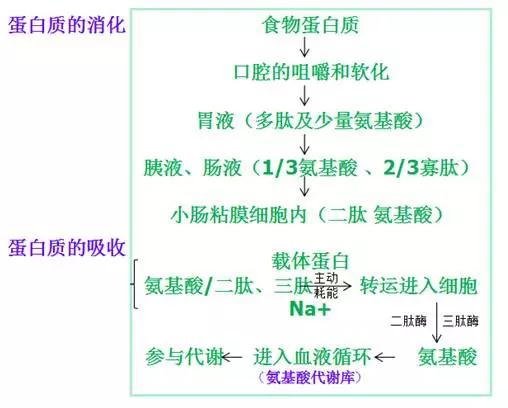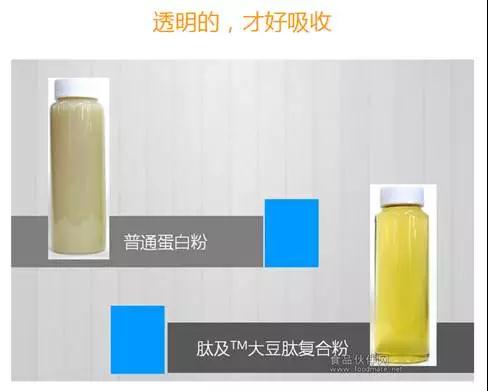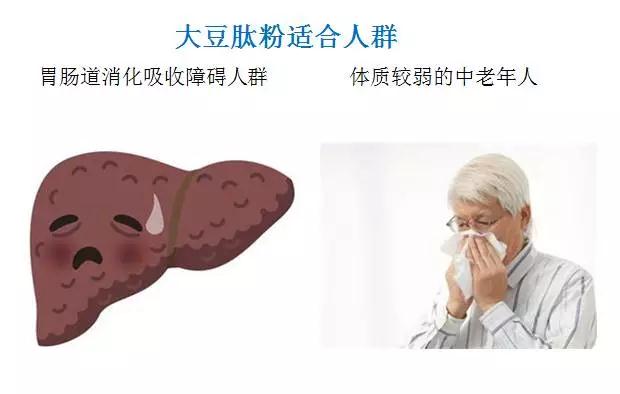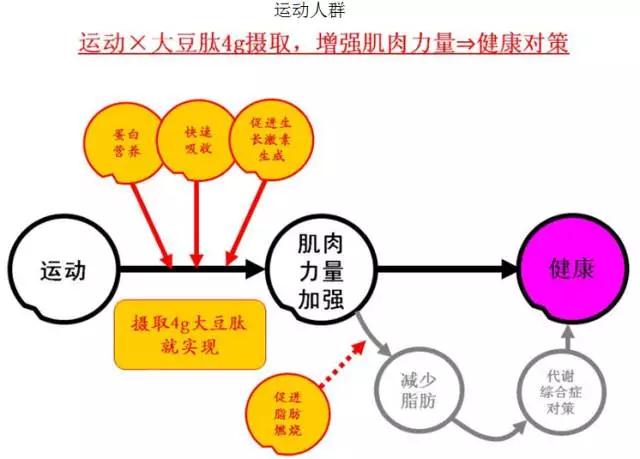
GUANGDONG KELONG BIOTECHNOLOGY CO., LTD.
Add: No.5-17 and No.5-32, South area of Qibao Industry and Trade, Huicheng, Xinhui, Jiangmen, Guangdong, China
Tel:+86-750-6978788
Fax:+86-750-6978868
Wechat: 13828063050
Website: http://www.1jordan1.com
Email: export@kelongbio.com
marketing@kelongbio.com
Soy peptide powder definition:
Soybean peptide powder is an enzymatic hydrolyzed product of soybean protein, a mixture of oligopeptides composed of 3-6 amino acid residues, and a molecular weight of 1000 or less. There are three main raw materials for preparing soybean peptides: soy protein isolate, soy flour, and soybean meal. At present, the methods and techniques for producing soy peptides mainly include chemical hydrolysis, enzymatic hydrolysis and microbial fermentation.

The mechanism of action of soybean peptide powder:
The digestion and absorption of proteins is generally carried out as follows.
Soybean peptide powder is a mixture of pre-enzymatic oligopeptides, which does not require enzymatic hydrolysis by pepsin, and digestion and absorption start directly from the small intestine. Furthermore, animal experiments have shown that there are separate transport systems for amino acids and peptides on the cell membrane of intestinal mucosa. The absorption of free amino acids is mainly based on the active transport of sodium pumps. The absorption of short peptides mainly depends on the ATP transport system mediated by H+ or Ca2+ ions, pH dependence. The H+/Na+ exchange transport system and the glutathione transmembrane transport system are specific for specific types of amino acids and peptides, and the peptide molecules are found to absorb significantly faster than amino acid molecules. Therefore, the peptide between protein and amino acid as a protein source of soybean peptide powder can not only reduce the gastrointestinal digestion and absorption disorder and the metabolic burden of patients with pancreatitis, but also has stronger characteristics due to the special structural characteristics of peptides. Biological activity and diversity have greater biological significance.


Nutritional function of soy peptide powder:
The type, content and proportion of essential amino acids in soybean peptide powder are similar to those in animal body and are important sources of high quality protein.
Soybean peptide powder is mainly a mixture of oligopeptides, which can promote the reproduction of beneficial bacteria and the synthesis of bacterial proteins, so it can significantly improve the body's immunity and disease resistance.
Soy peptide has an active group which is effectively combined with calcium and other trace elements, and can form an organic calcium polypeptide complex, which can significantly improve the solubility, absorption rate and transport speed, and can promote the passive absorption of calcium. In addition, soy peptide can also be combined with various trace elements such as iron, copper, selenium, magnesium and manganese to form an organometallic complex peptide, which is a good carrier for absorbing and transporting trace elements;
In addition to the above nutritional functions, in recent years, some studies have shown that soy peptides also have physiological activities such as lowering blood pressure, lowering cholesterol, anti-obesity, anti-oxidation, anti-tumor, anti-radiation, promoting fat metabolism, and regulating blood sugar concentration.


National Standard for Soy Peptide Powder:
GB/T22492-2008 "Soybean Peptide Powder" specifies the sensory properties, physical and chemical indicators, health indicators and inspection, packaging and transportation requirements of soybean peptide powder, which provides a guarantee and basis for the safe production and use of soybean peptide powder.